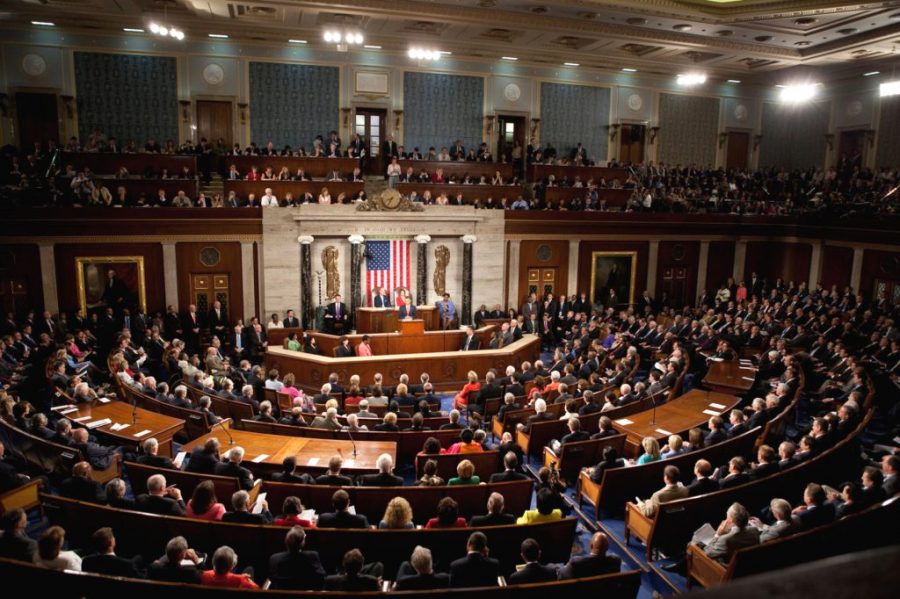During Barack Obama’s presidency, Republican lawmakers attempted to repeal his landmark bill, the Affordable Care Act (ACA), over 60 times, each near-guaranteed to fail in the Democrat-controlled Senate. Now that Republicans finally have the necessary legislative majorities to repeal the bill, they seem woefully unprepared. Although Republicans already have a concrete plan to scrap the wide-ranging legislation, there is no single agreed-upon replacement in the works. If Republicans remain this foggy on a substitute bill but still push a repeal at a rapid speed, it will do devastating harm to the many Americans currently relying on the program for their insurance.
When it comes to actual policy proposals, rhetoric only goes so far. Although both Speaker of the House Paul Ryan and President-elect Donald Trump have publicly stated that a replacement will come in conjunction with the bill’s repeal, there is no firm indication of what that would look like. On the other hand, the repeal is being pursued at a break-neck speed, with Ryan going as far as to call it a “rescue mission.” This disconnect between the speedy repeal plans and the lack of a clear alternative could mean that Americans might lose coverage without having any system in place to fall back on.
Republicans seem at least somewhat aware of the fact that you can’t just strip away the ACA overnight. Ryan stressed the importance of proceeding with the repeal cautiously, urging for the replacement to be introduced gradually at the same time as the repeal. There’s only one problem: no one knows what such a replacement will look like and it is clear that only the repeal details have truly been planned. Moreover, he urged the Republicans to go “as quickly as they can,” which doesn’t sound conducive to good policymaking.
In truth, the idea of repealing with no plan to put something in its place shows us how far partisanship has come in this country. Usually if one wants to repeal a law they should be interested in advancing some better law instead. With ACA critics, the bill is the enemy and a vague promise of a different bill is good enough to latch on to. Rather than an issue of policy, the debate around ACA is taking more and more overtly partisan tones that obscure the policy nuance. Such an environment is certainly not the recipe for success, especially considering there is no guarantee that a quickly-assembled replacement bill would be any better than Obama’s plan.
If Republicans are serious about replacement they need to develop a consistent, high-quality alternative to the ACA, and be ready to flesh out the details. Undertaking a major policy initiative requires hard work — it’s not the kind of thing you can conjure up in an instant. While it is clear that these repeal plans have been in place for a long time, it appears Republicans should’ve planned a little bit further. Finding a suitable replacement requires bipartisanship, research and months or even years of effort — it can’t be done in a moment as they rush to get rid of their predecessor’s work.
Finding a replacement requires slowing-down the ambitious plans to get rid of the ACA as soon as possible. More than anything, lawmakers need time to discuss what the best solution is going forward. We all, Republicans and Democrats alike, should welcome a little time to debate about possible means to reduce insurance costs. There is still time for the new congress to properly craft legislation with a keen eye to important details. If they keep going at the current speed, perhaps that time will be cut short.
In addition, what is needed to truly ensure an adequate replacement is the kind of cooperation we’re not commonly seeing in U.S. politics today. As Republicans and Democrats come out of a contentious election appearing more divided than ever, it is increasingly impossible to see the kind of working together necessary to do the hard thing we call legislating. If the rush to repeal the ACA appears like a partisan frenzy, it is only amplified by the fact that genuine policy debate seems so impossible in Congress today.
But I have hope. I believe that there are a variety of ways those in Congress can proceed with a plan to remove Obamacare without leaving millions out in the cold without insurance. I believe a solution can be reached and a replacement can be crafted that is preferable to a quick repeal with nothing left in place. I only hope our lawmakers do the responsible thing.


